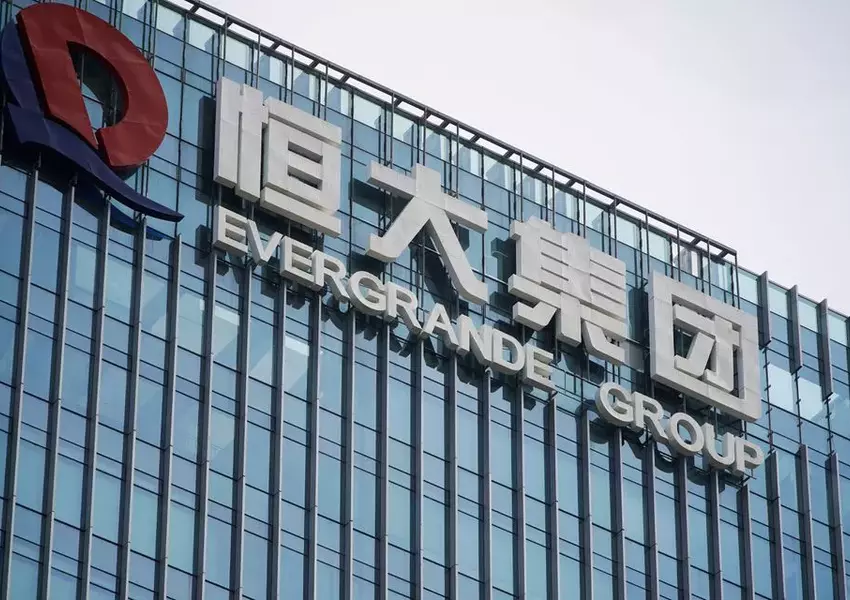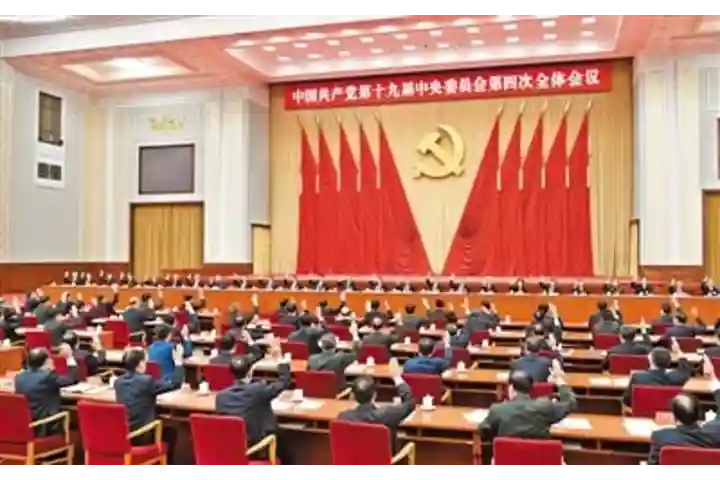It is now clear that China will not soften its stand on its continued zero Covid approach with the promotion of Chinese Communist Party’s top boss Li Qiang’s in the scheme of things.
This has caused worries for multinational companies operating there. While official data suggests that foreign direct investment into China has been picking up in 2022, most analysts said that the trend may not last long. India is fast turning out to be a better alternative.
A host of companies from Japan, Taiwan and South Korea among others have already made progress with their investment plans in India.
China’s Purchasing Managers’ Index (PMI) – a key indicator of economic activities — stood at about 49.2 per cent in October. Based on new orders, inventory levels, production, supplier deliveries, and employment environment, any PMI reading below 50 is considered contraction.
Mass testing for Covid is underway at several districts in Guangzhou, which reported more than 2,000 for two consecutive days. According to reports, the authorities may impose more lockdowns to contain the spread of the virus.
“However, New Delhi has to put its act together if it has to come up as a credible alternative to China. Things are moving and companies have already started coming in but to ensure that India does become the factory of the world, it must remove certain bottlenecks which still plague investors,” a top executive engaged with an American multinational told India Narrative.
A South China Morning Post report – “China’s rising FDI inflows questioned as bulk investments from EU come from a few large firms”– said that new research findings have shown that the new inflows are concentrated around a handful of large multinationals, certain sectors and countries
“After decades in which China felt like a one-way bet for European firms, market conditions have become far more challenging due to restrictive Covid-19 policies, slowing economic growth and rising geopolitical tensions,” the news organisation quoted Rhodium Group researchers Agatha Kratz, Noah Barkin and Lauren Dudley as saying.
The zero Covid policy has also disrupted the global supply chain network.
According to a Bloomberg report, China’s exports and imports both unexpectedly fell for the first time in more than two years, with rising risks of a recession causing overseas consumers to buy less and domestic problems such as Covid Zero controls and a housing slump hitting demand at home.
China’s zero Covid approach has come under the scanner with a large number of citizens showing their displeasure over Beijing’s pandemic policies.
Also read: Why China’s Party Congress shows India has a five- year window to beef up its military deterrence




















